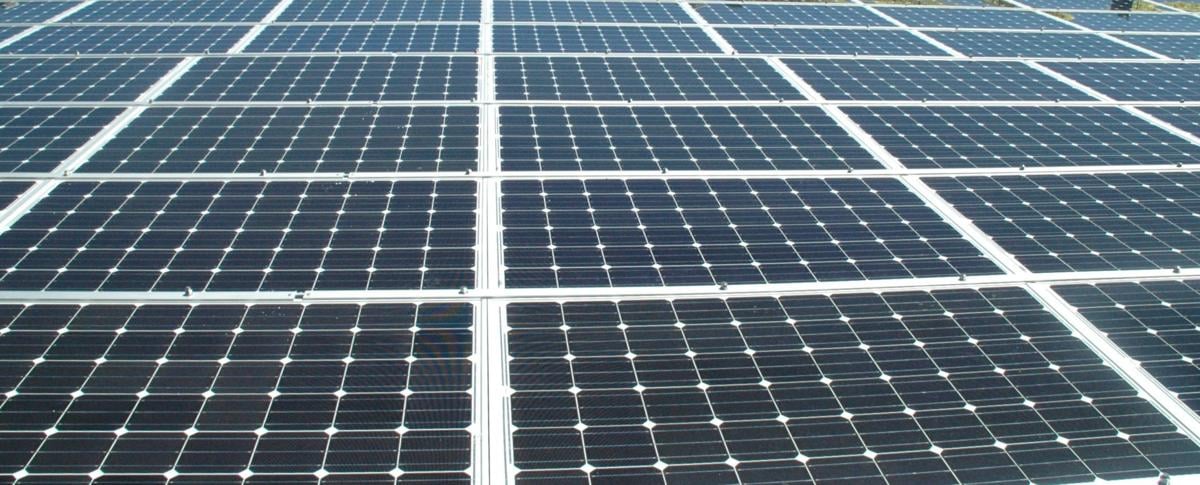Guam agencies, commercial entities and private residents may
be able to supplant even more of their energy use with solar power due to a
measure proposing to pave the way for virtual net-metering. If enacted, Bill
363-33 would overhaul several aspects of Guam law regarding renewable energy
and net metering, including doubling the cap for a residential customer's
entrance capacity from 25 kilowatts to 50 KW. For nonresidential customers, the
bill removes the current cap of 100 KW altogether. However, agencies must still
adhere to law requiring approval from the Guam Power Authority to utilize
renewable energy, according to the bill's main sponsor, Sen. Dennis Rodriguez
Jr.
A feasibility study on the impact a renewable energy system
would have on the grid is also required by the measure and would come at the
utility customer's expense.
A number of agencies, including the Guam Department of
Education, Guam Environmental Protection Agency and the Guam Memorial Hospital
Authority, have either expressed interest or are in the process of acquiring
solar photovoltaic systems. The island's largest agency, GDOE, is allowed by
law to procure solar energy systems.
For schools under a lease agreement, the department can
waive the normal government procurement procedures and either amend the lease
to include solar power or enter into a power purchase agreement (PPA) directly
with the landlord.
Attorney general concerns
GDOE is finalizing a PPA with the Guam Education Financing
Foundation – a lessor of four schools – but concerns from the Guam attorney
general have affected the process, according to Taling Taitano, the GDOE deputy
superintendent for finances.
In October 2015, education officials stated during an
oversight hearing that the attorney general had instructed GDOE to seek the
Consolidated Commission on Utilities' approval to ensure that the PPA with GEFF
coincided with the provisions of the law. The CCU approved the PPA in March and
GDOE Superintendent Jon Fernandez said he hoped to have solar facilities
installed during the summer.
With summer having ended and the school year to commence
soon, Taitano said the department's legal counsel was developing a response to
technical concerns from the attorney general and those responses should be
available this week. While she had said that installments may begin by December
during an annual budget hearing in July, she told the Post that it was
impossible to move forward without the attorney general's approval.
The four GEFF schools are Okkodo High School, Adacao
Elementary School, Liguan Elementary School and Astumbo Middle School. Other
lessors are still determining how to approach solar acquisition, Taitano said.
The normal procurement process remains intact for GDOE-owned
schools. Robert Kono, advisor for the General Services Agency, said the
procurement process for solar power is ongoing and under review but more
information on its status lies with the chief procurement officer who, as of
yesterday, was on leave.
Several sources of renewable energy
Renewable energy sources come from more than just solar
power and Rodriguez's bill defines several sources, which include biogas and
biomass. These energy sources can be gained from solid waste and sewage,
according to the bill. Public Law 25-175 prohibits the incineration of solid
waste or operating a municipal waste-to-energy facility on Guam. While it
specifies solid waste, the bill does not reference incineration in its
definitions for renewable resources, and Rodriguez said there is no
consideration of solid waste incineration.
"My bill does not repeal any law that forbids
incineration of waste," the senator stated. "The intent of this bill
is to ensure our people are provided the opportunity to participate in the use
of renewable energy and be able to pay lower power rates."


No comments:
Post a Comment